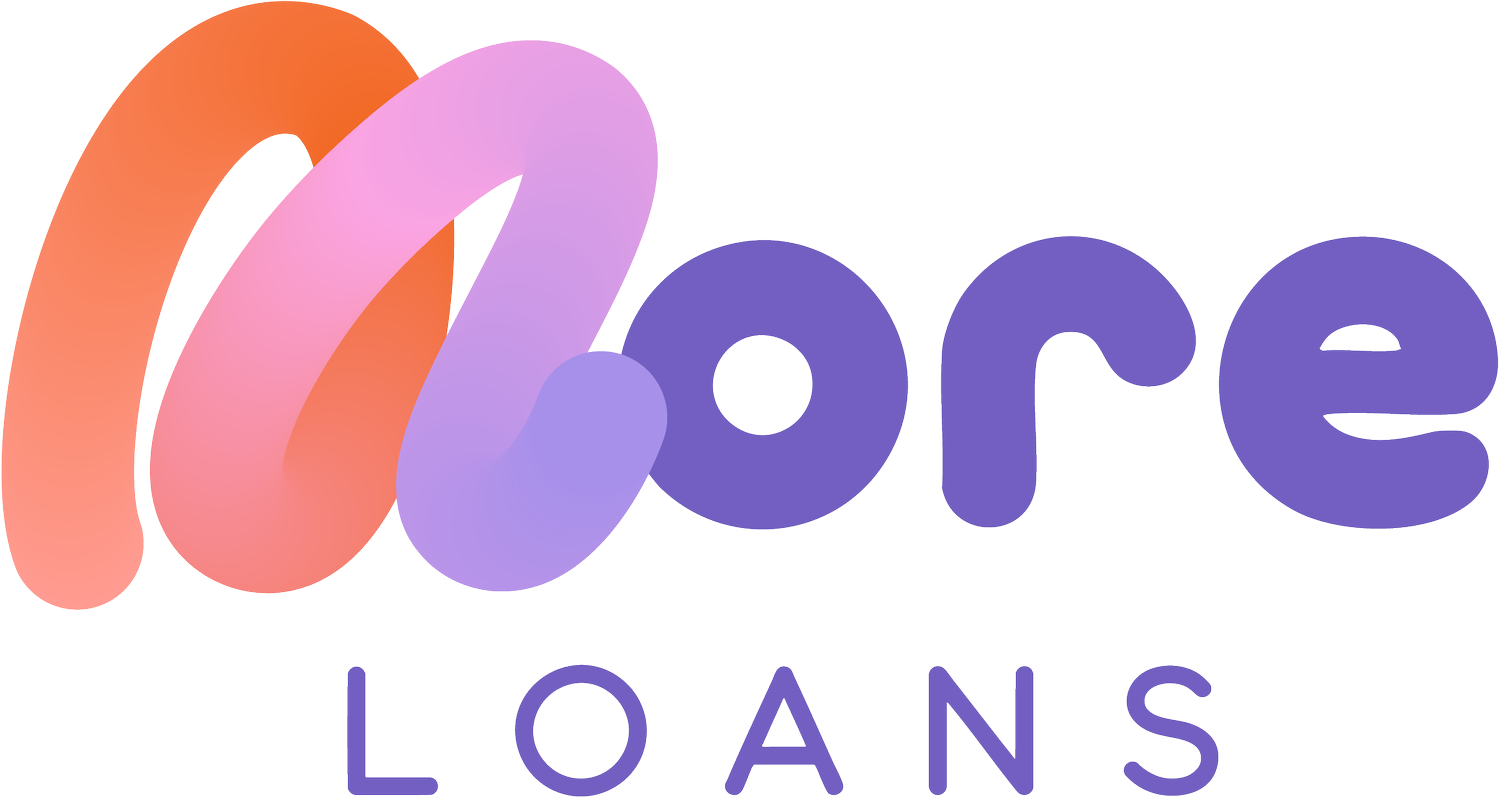What’s the difference between fixed and variable home loans?
When choosing a home loan, one of the biggest decisions you’ll make is whether to go with a fixed or variable interest rate. Both options have their advantages and disadvantages, and the right choice depends on your financial situation and risk appetite. Let’s break it down.
Fixed interest rate home loans
A fixed-rate home loan means that your interest rate is locked in for a set period, typically between one and five years. This provides certainty in your repayments, making it easier to budget.
Pros of fixed rates:
Stability: Your repayments remain the same, no matter what happens to interest rates in the market.
Easier Budgeting: Perfect for those who prefer predictable expenses.
Protection from Rate Hikes: If interest rates rise, your repayments stay the same.
Cons of fixed rates:
Limited Flexibility: Extra repayments may be restricted, and breaking a fixed loan early can come with high fees.
No Benefit from Rate Cuts: If interest rates drop, you won’t see any savings.
Revert to Higher Rates: Once the fixed term ends, the loan often reverts to a higher variable rate unless renegotiated.
Variable interest rate home loans
A variable-rate loan means your interest rate fluctuates based on market conditions. This can be beneficial when rates are low, but it also means your repayments could increase unexpectedly.
Pros of variable rates:
Potential Savings: If interest rates drop, so do your repayments.
Greater Flexibility: Many variable loans allow extra repayments, making it easier to pay off your loan faster.
Offset Accounts: You can use an offset account to reduce the amount of interest paid on your loan.
Cons of variable rates:
Uncertainty: Your repayments may rise if interest rates increase.
Harder to Budget: The unpredictability can make financial planning more challenging.
Which option is best for you?
Choosing between a fixed and variable loan depends on your priorities:
If you value stability and want to know exactly what your repayments will be, a fixed loan may suit you.
If you prefer flexibility and want the potential to benefit from rate drops, a variable loan might be better.
You can also consider a split loan, where part of your mortgage is fixed and the other part is variable, giving you the best of both worlds.
Still unsure? At More Loans, we help you navigate the complexities of home loans to find the best solution for your needs. Contact us today for expert guidance on your home loan options!
